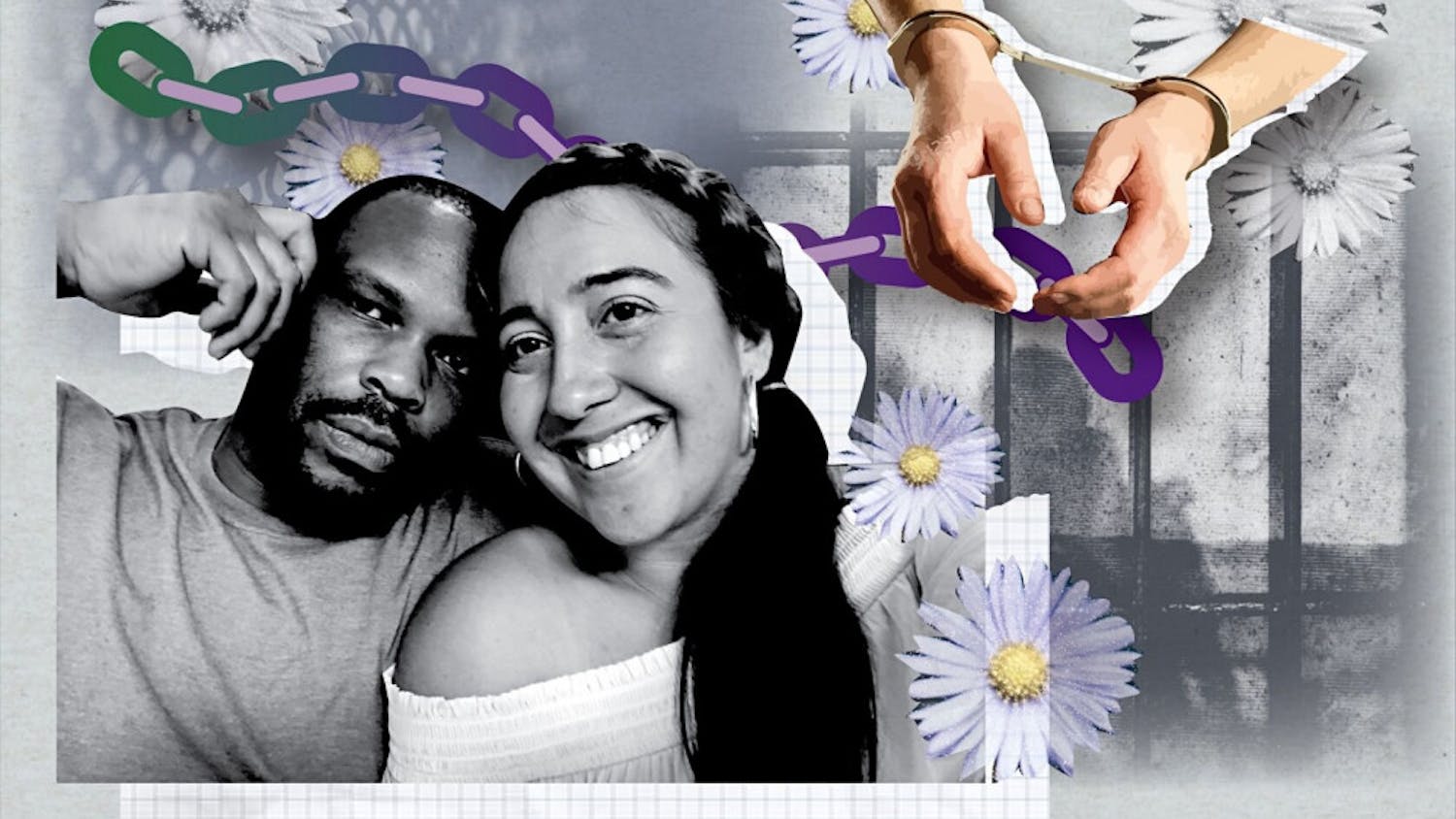Texas Gov. Rick Perry made waves last week during an appearance on ABC’s late-night talk show “Jimmy Kimmel Live.”
Kimmel and Perry discussed the 2016 presidential election, guns and the governor’s surprising musical abilities. But one point Perry made that night really stood out, and though it did not get as loud an applause as when Perry said he might consider legalizing marijuana in Texas, it was an important point nonetheless.
Perry discussed reforming the Texas legal system and criticized the inefficiencies of its handling of petty crime and minor drug offenses.
“We’ve been able to shut down a prison in the state of Texas,” he said. “That’s conservative, man!”
This is a topic Americans do not talk about enough. We have a penitentiary system in place that is not only bloated but also broken. Success in the penal system is improperly gauged by number of incarcerations instead of the number of released inmates not returning to confinement.
Perry continued and said, “You don’t want to ruin a kid’s life for having a joint.”
A young person’s life could be shattered beyond repair just by committing one minor crime when he was in the wrong place at the wrong time. Such is a direct consequence of unsuccessful drug policies and an ineffective penal system.
More tragically, the system treats certain groups of people differently than others. A teenager who killed four people while driving under the influence a few months ago did not serve jail time due to “affluenza” — the result of being too wealthy and privileged for punishment. Yet a kid in the inner city caught with a joint in his back pocket will have an entirely different sentencing just because he was born of different circumstances. This glaring double standard is perfectly clear and completely unjust.
Perry has the right idea. Closing down even one prison, especially in a state like Texas, signals a growing demand for change in our handling of crime.
And such a demand is, in fact, conservative.
Conservatives believe in ceding power from the state and giving it back to the individual. Because a prison is state power incarnate, pursuing reform of the penal system should be encouraged by the principled right. Conservatives, in addition to this, believe in a certain submission to reality. And the reality is the system fails for too many people and negatively affects too many lives.
This demand for change impacts not only future Americans, but all Americans wrongfully denied a second chance at life because of a single nonviolent crime. And when a second chance is so wrongfully denied, released inmates are more likely to make the same mistakes and end up in the same punitive state they were just released from.
Other legislators have taken this demand to heart. Sen. Rand Paul, R-Ky., has publicly expressed frustration with the system, stating that federal mandatory minimum sentences are a “major culprit in our unbalanced and often unjust drug laws.” These rigid rules prevent judges from handing out more lenient prison sentences to first-time offenders. Sen. Mike Lee, R-Utah, in bipartisan fashion, is shepherding pieces of reform legislation in the Senate.
Paul, Lee and Perry — three of the most prominent Republicans in the country — are offering a fresh perspective to the conservative movement that for decades has been the defender of rules, harsh sentencing and an aggressive war on crime.
The right has not been shy about expressing its views on crime. Richard Nixon’s Law and Order campaign contributed to his victory in two presidential elections. President Ronald Reagan intensified the war on drugs. Then-Vice President George H. W. Bush hit Gov. Michael Dukakis, D-Mass., in the 1988 election for being too soft on criminals and opposing capital punishment. Former New York Mayor Rudy Giuliani solidified this right-leaning belief when he forcefully took back the city from the unlawful.
Riots, organized crime rings, assassinations and rampant acts of violence plagued the country during that time. One can make the argument that such measures were needed back then. But the results of these actions have led to an increase in state power, something conservatives do not want to admit.
There is an opportunity for change because we live in a different world. People’s views on drugs, crime and the system have changed. Many people have seen the harm the system does; think of all the separated families, the children with parents in prison and the job opportunities denied due to the lack of reform. And while this might not be the most high-profile issue in the political arena, there is a possibility that something good can come out of this demand for change.
We must champion reform, not because it is just a conservative thing to do, but because it is the right thing to do.
[Michael Beato is a UF economics sophomore. His column appears on Wednesdays. A version of this column ran on page 7 on 3/19/2014 under the headline "Prison reform signals positive change"]





